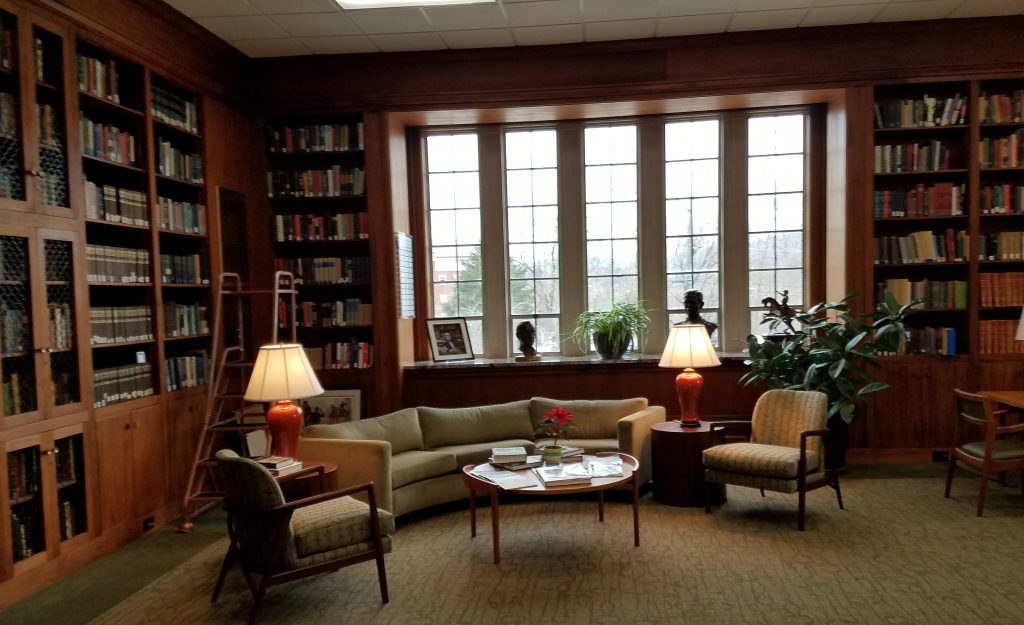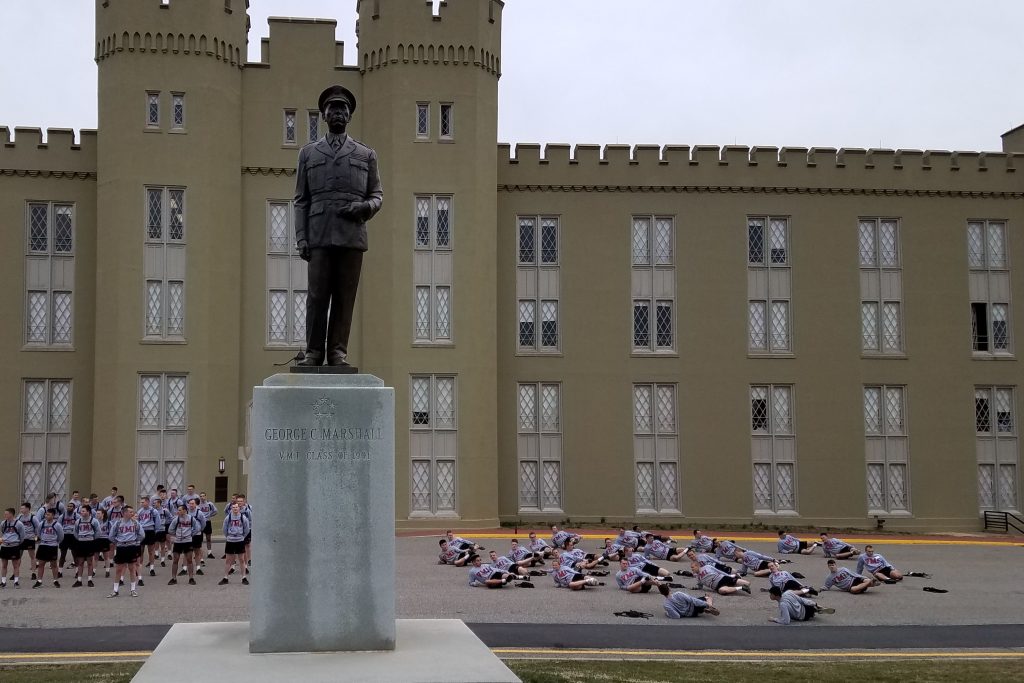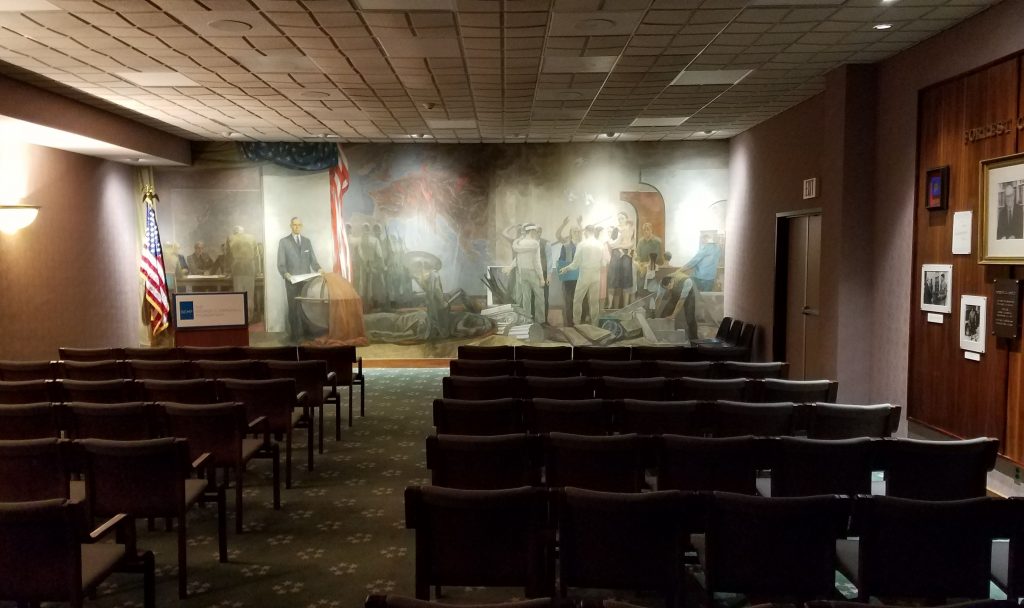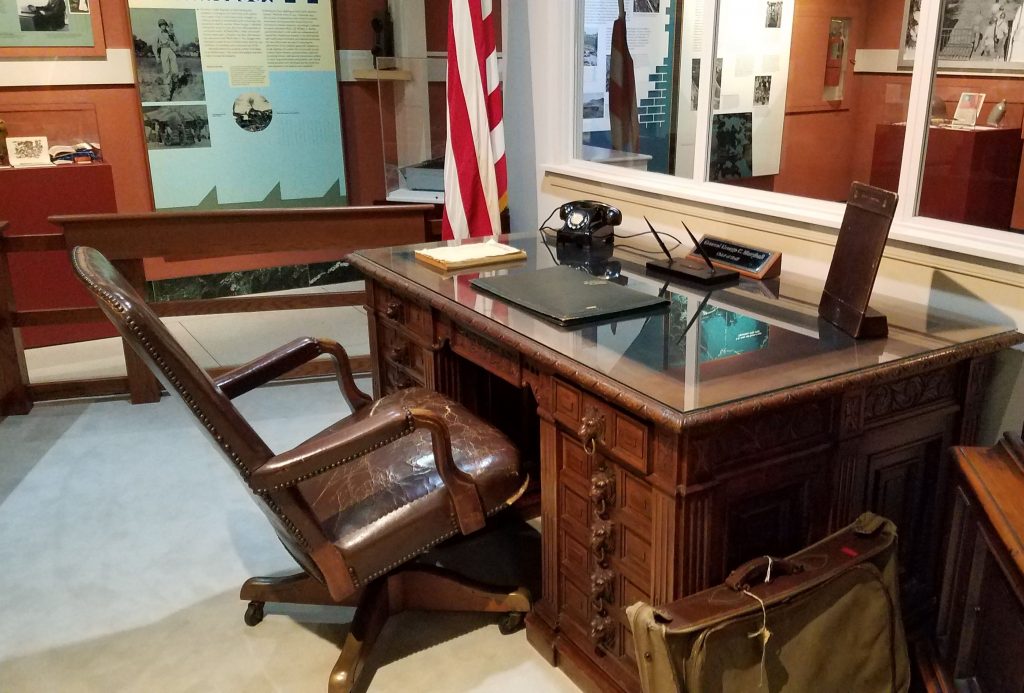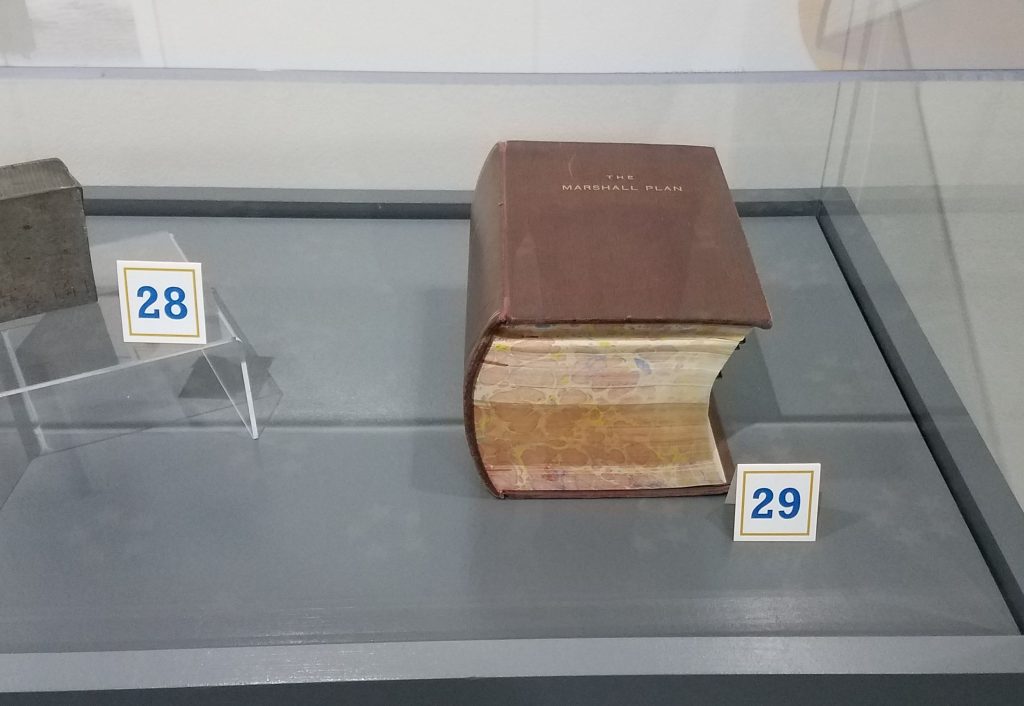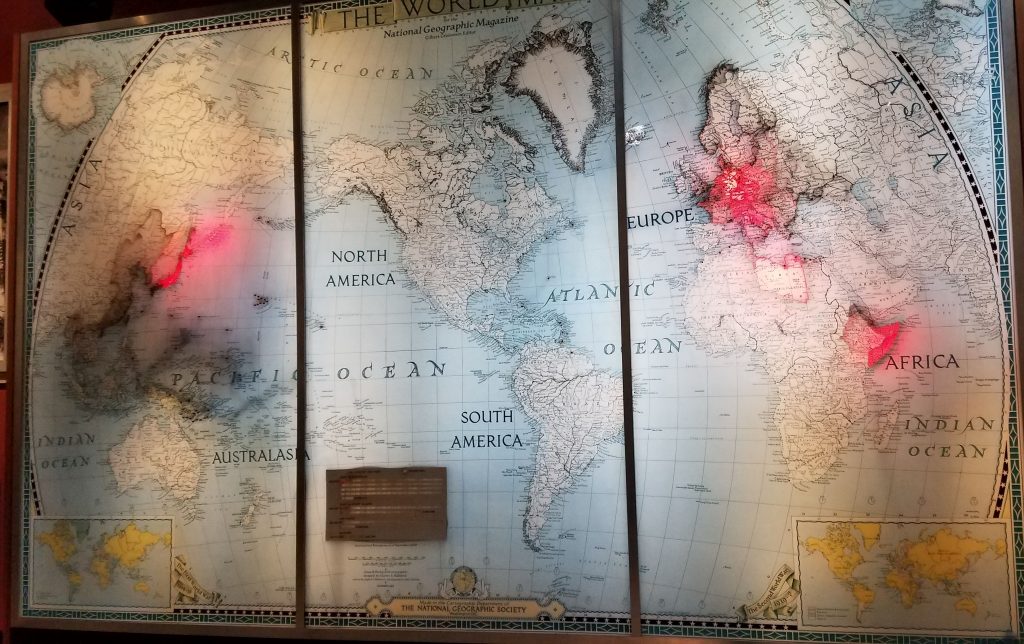George C Marshall did not write memoirs. He was dedicated to his country & his duty. He gave credit to others, even for things he mostly did. He did not promote himself, never acted for political motives did not even vote. He went where his duty took him and did his best work when he got there. He was as close to the ideal of an American public man as ever lived. We never had many like him and I am afraid that we produce even fewer these days. Never complain, never explain and never apologize type guys, the ones that control their emotions and keep their private lives private, are out of style.
He might even have had trouble getting started. George C Marshall was an indifferent student in high school and showed no genius in college at VMI. He showed leadership skills early on, including superb organizational skills and extraordinary ability to judge people, put them in the right jobs and then let them do their jobs.
Marshall used to say that it was important to ask what a man COULD do, not what he could not. This was absolutely the right way to think and it certainly contributed to the Allied victory in the World War, and to American success in the very uncertain post-war world, where the most talented players had serious flaws, i.e. were human. (This would not fly today, in our days of zero tolerance and looking harder for flaws than achievement. I hope that we get past this and become adults again.)
I was in Lexington to give a talk on Aldo Leopold at Washington & Lee. I arrived when it was already getting dark, so I wanted to stay a little longer the next day so I could see a little. Lexington is not a big city. It took me 19 minutes to get from the hotel to VMI Marshall Museum, not counting a stop for breakfast. I was still too early. The museum did not open until 11am. So, I walked back to the hotel to get my car. I had left it, since I feared it would be too hard to park. There is ample parking around VMI. I got a place right in front of the Marshall Museum, reserved for visitors and giving two hours to visit.
It is worth seeing. I talked to a couple of the people there. They were dedicated to the job and to keeping the memory of George C Marshall alive. This is made more difficult by Marshall’s virtue of not promoting himself.
Americans are generally forgetting their history, more precisely not learning it. Marshall’s job as the organizer of victory just makes a less compelling narrative than being on the front lines. His avoidance of politics made his voice very powerful in getting things done, but it made him less famous. He was not a physically imposing man, not a gifted speaker. More’s the pity. He is the kind of man we should revere as a leader – a quiet man who does his duty, does it well, does not brag or complain and leaves when his work is done, knowing in his bones that service to his country was reward enough.
The first picture is Marshall’s statue at VMI. He is the University’s most illustrious graduate. Next is the library, classy. Picture #3 is Marshall’s desk, followed by a special book that has all the Marshall documents. Finally is a map at the center that shows the progress of the war. They say it lasts more than a 1/2 hour. I got as far as you can see, about the middle of 1940. Spoiler warning – I knew how it ended.

